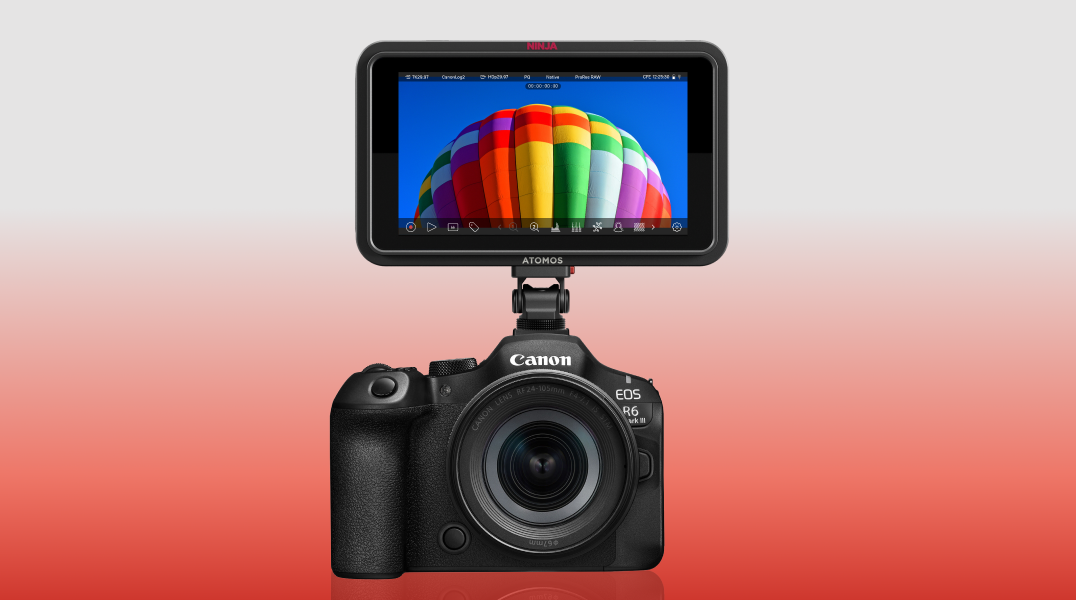Despite the "next big thing," broadcast TV remains strong
(click thumbnail)
Panel participants are often asked to predict the future, but the truth isn't always apparent.
"I was brought up by people who taught me that those who believe in the crystal ball end up eating a lot of broken glass," said Dan Rather of CBS news at the RTNDA/NAB Super Session "The Shape of Things to Come: News 2010."
Speaking more seriously, he added that if station owners believe news is a public service and are willing to back it with resources, the evening news has a good future.
But TV's evening newscasts were not the only topic covered in the wide-ranging standing-room only discussion.
GREATLY EXAGGERATED
"People said we were dying when television came in. They said it when cable came in, and now satellite," said Harvey Nagler, vice president, CBS Radio. "We've been 'dying' for the last 55 years. But the truth is we're bigger and stronger than ever with 230 million people listening every week."
A part of that growth must be attributed to a growing Hispanic population. Jorge Ramos, an anchor with Univision Communications, is in a position to watch the results of this shift in demographics.
"Now the mainstream media are finally paying attention because they are losing audience and losing money," he said. "What we're seeing is a demographic revolution, not just a few more jars of salsa being sold. The most popular name in California is Jose, not Michael."
The accelerating change in technology has also altered the face of radio, and more specifically the creation of radio news. But the march of innovation doesn't change the basics.
"It's still a 'people' industry," said Tom Curley, president and CEO of The Associated Press. "Some reporter still has to ferret out the information. In terms of how news is distributed, the older group still wants its appointment media. But a lot of people want their content in other forms."
IS IT NEWS OR BLOGS?
Part of the brave new world of media choices includes the growing culture of the blog. Panelist Marissa Mayer is vice president of search products and user experience for Google News.
"The blog is a newslike medium, but it's not quite news," she said. "A friend of mine defined news as whatever someone doesn't want you to know. With hard news, people expect a certain level of production quality and fact-checking. When you present blogs as news, people get confused."
There's the media, the consumer and sometimes a third player on the field: the government. For example, Google recently had to restructure and censor its news product in China.
"We want to provide users the information they're looking for, but because of the way it works there, some of these sites would be blocked," she said. "That's a pretty bad user experience. We had to make a tradeoff in our product."
Rather spoke of the need for courage on the part of reporters when dealing with the government.
"You sometimes sit there and realize that a guy didn't answer the last question," he said. "You need to ask a follow-up but a wee small voice inside you says if you ask it you'll get creamed so you let it pass by. There is a great tradition in American journalism of asking the tough question. If you want to be loved, don't become a journalist. Get a dog." (c) NAB2006
The professional video industry's #1 source for news, trends and product and tech information. Sign up below.
